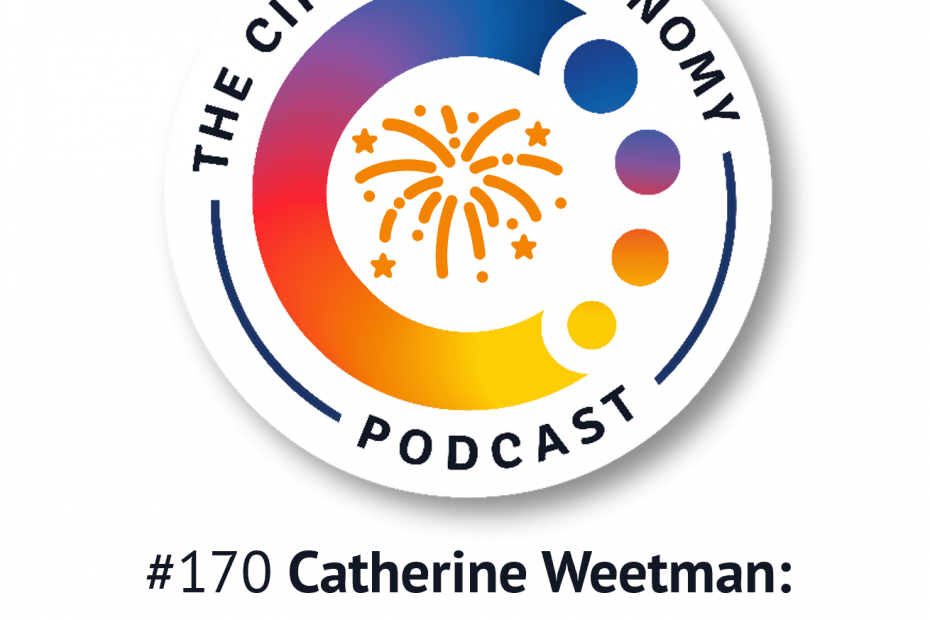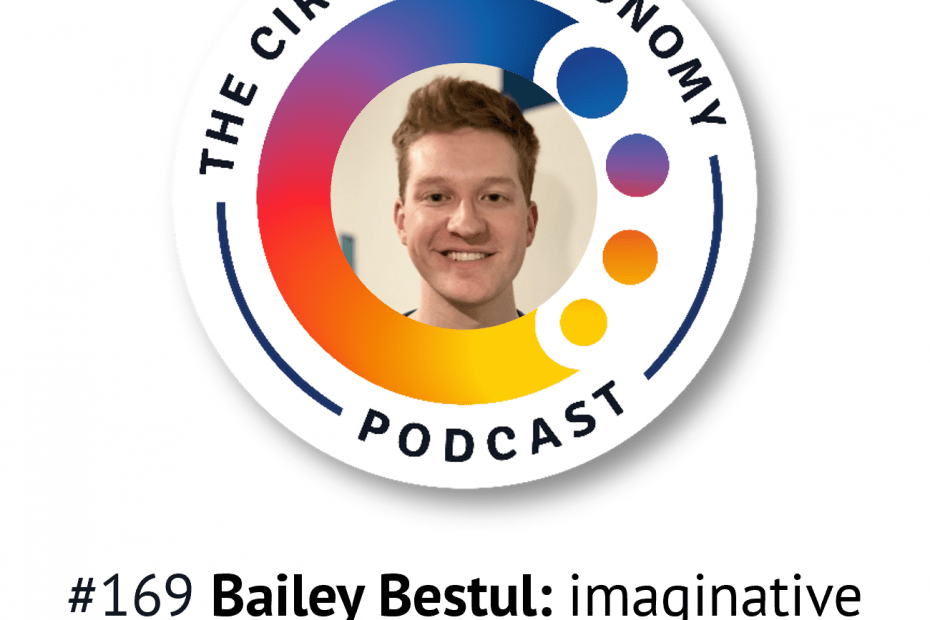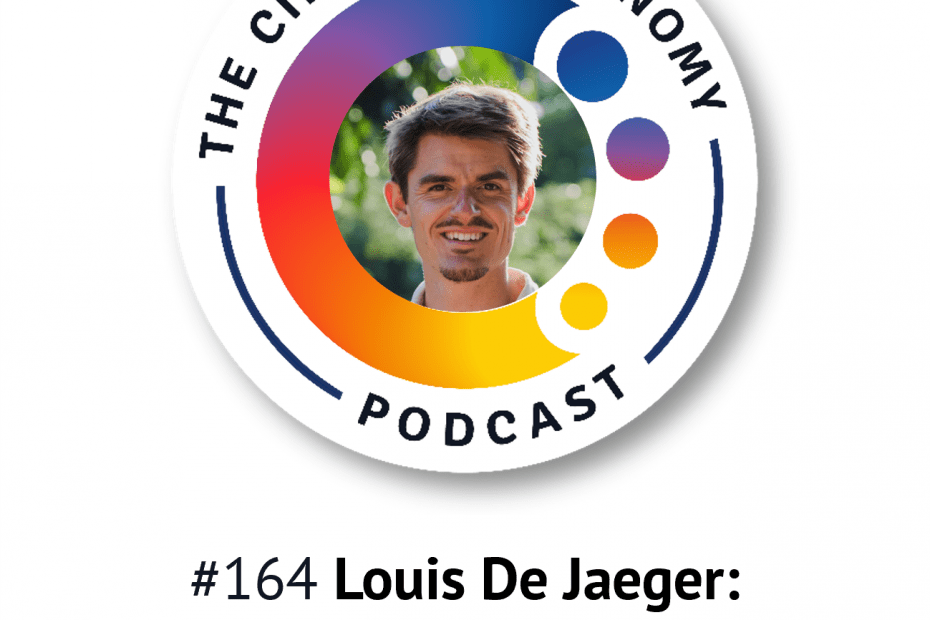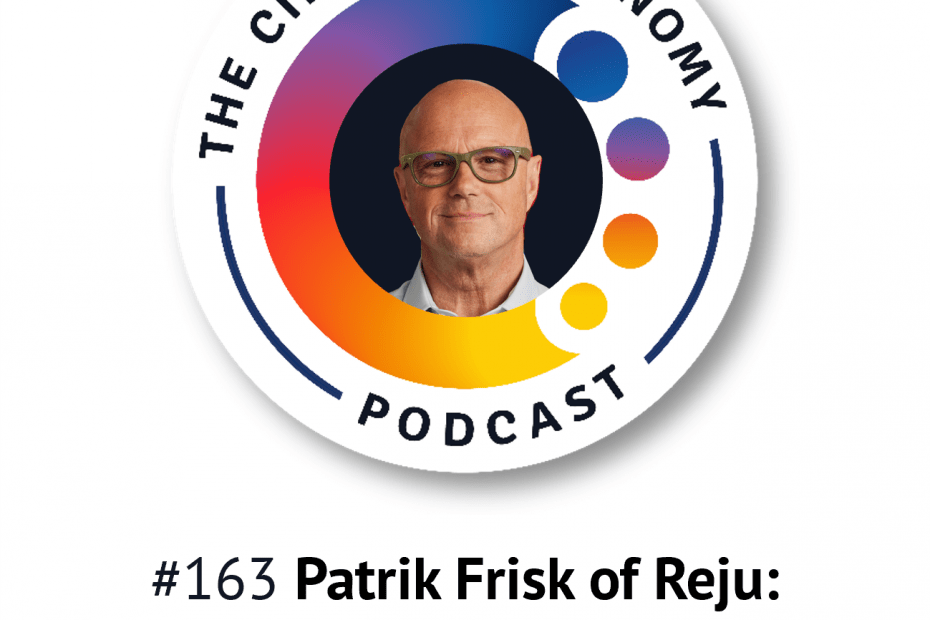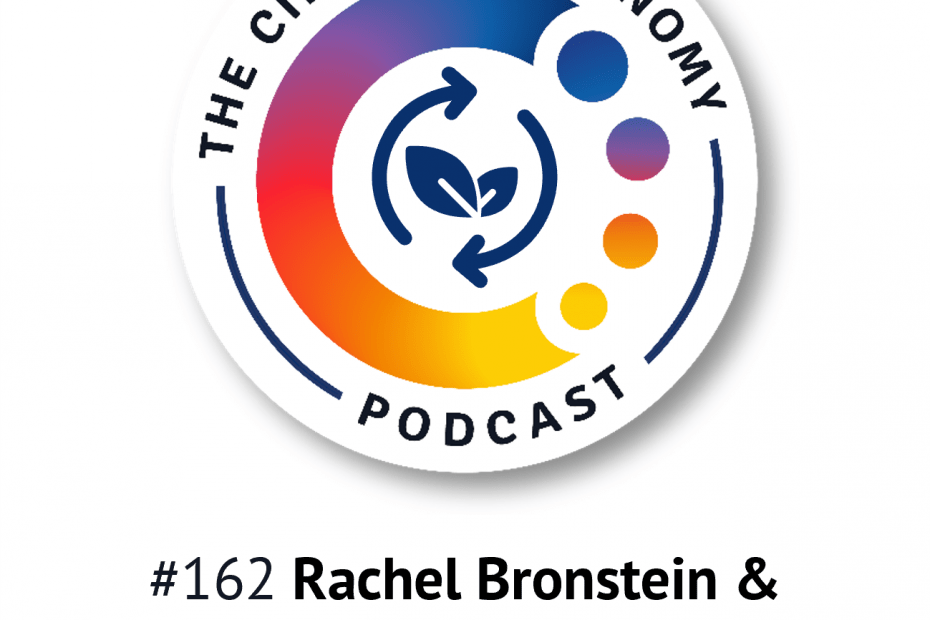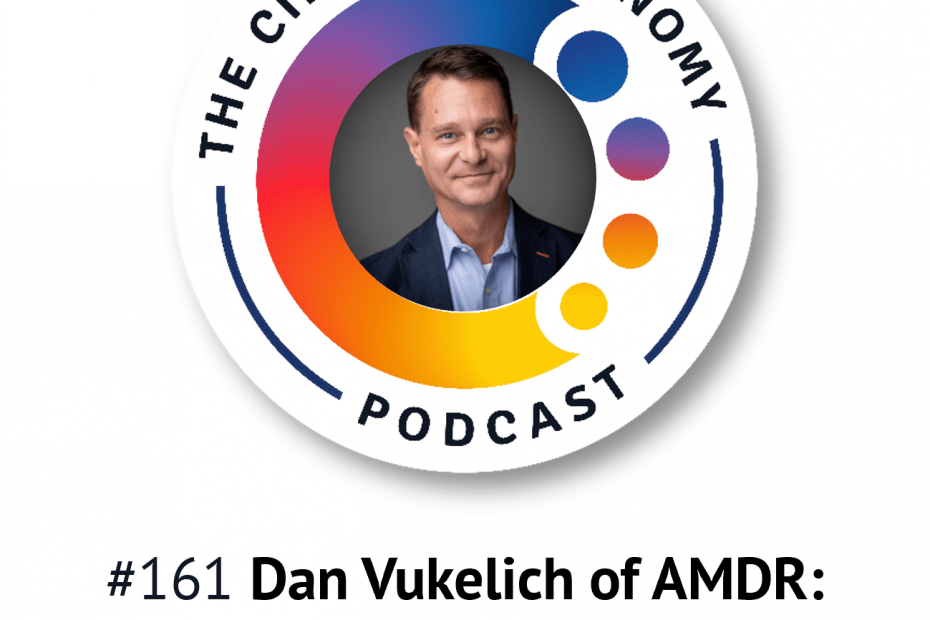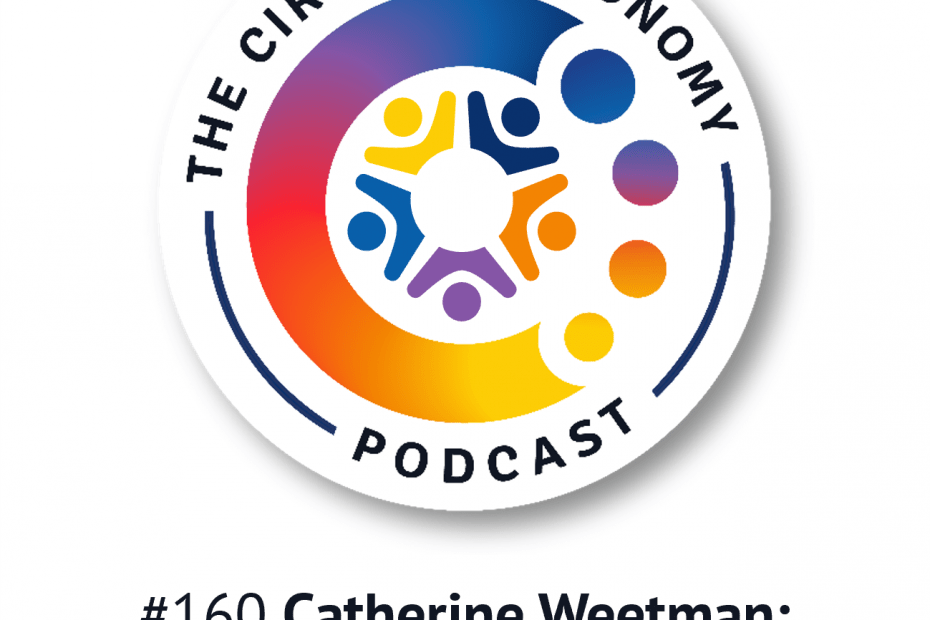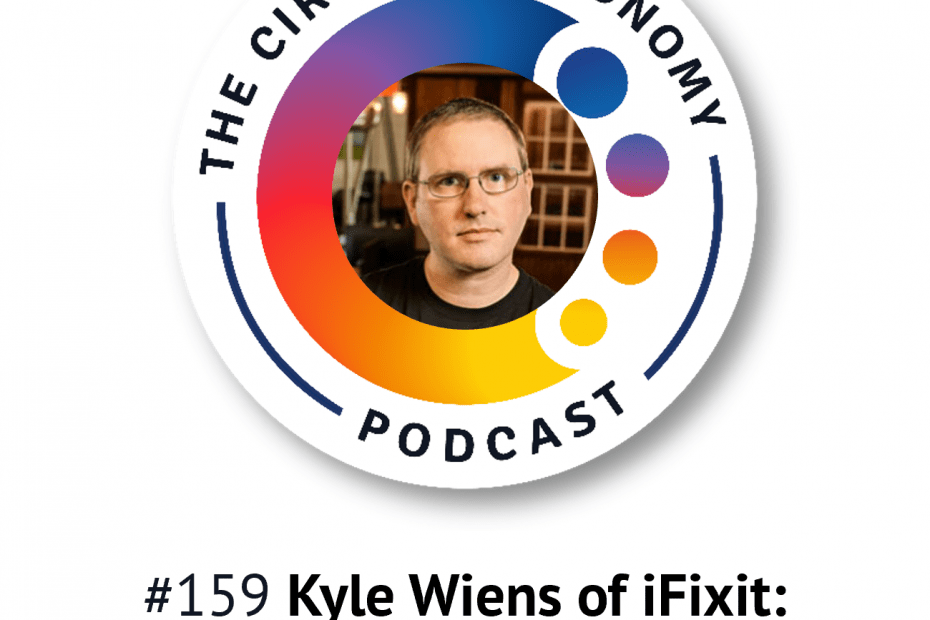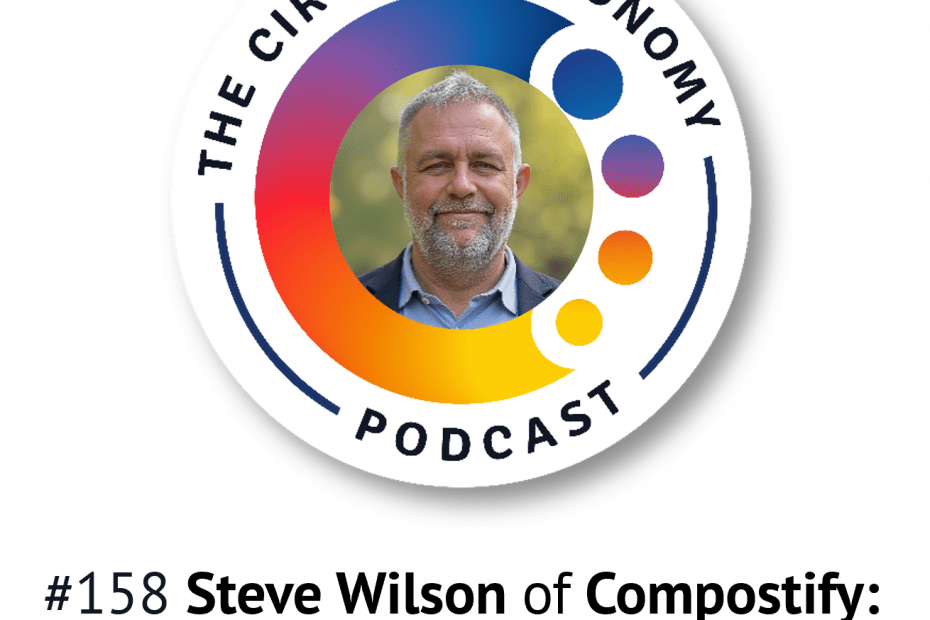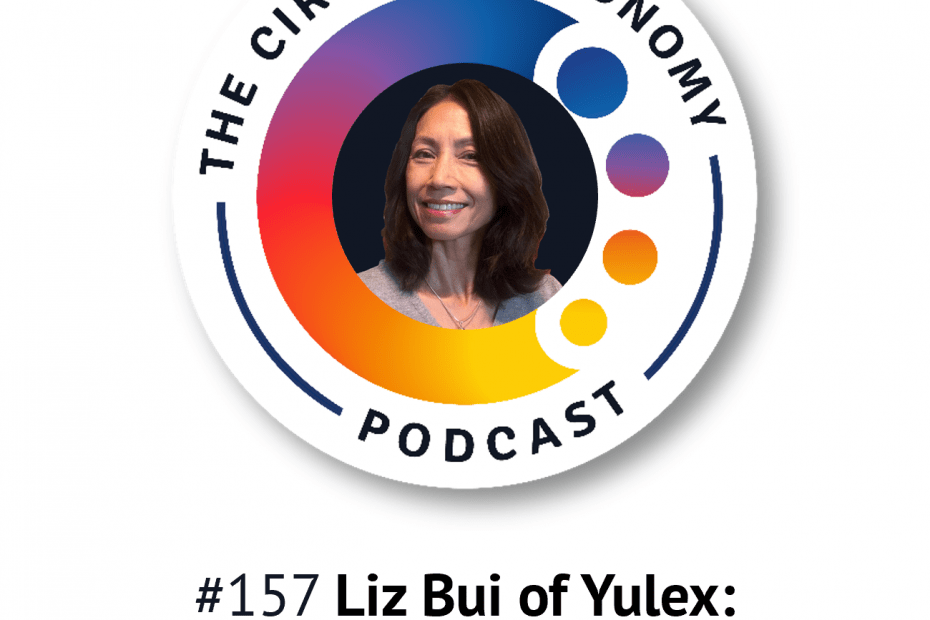In episode 162 we discuss design skills and why it’s crucial that design for circularity goes beyond the design of the product itself, to cover the materials, the customer experience, the supply chain, the collection of data for KPIs, and much more.
Helping us think about this are Rachel Bronstein, a Senior Programme Manager at the Design Council, and Barry Waddilove, who is supporting the Design Council’s “Design for Planet” initiative as a Sustainable Design Expert.
The Design Council is the UK’s national champion for design, across all design disciplines, and it aims to showcase brilliance, lead on new thinking, evidence value and influence policy, so that design can thrive. Design for Planet will feature on a global stage this September, when the Design Council hosts the World Design Congress.
The Design Council’s Skills for Planet mission aims to close a critical skills gap, highlighted when research found that while 66% of designers designed for planet, yet only 43% felt that they had the capabilities they needed. So the Skills for Planet mission is to help designers develop the skills to design places, products and services that regenerate the planet.
Rachel Bronstein is leading the delivery of Skills for Planet aiming to upskill 1 million designers in green design skills by 2030. Rachel has a multidisciplinary background from her work across the private, public and third sector.
Barry Waddilove has over 30 years’ experience in design and sustainability with brands and organizations across 25 countries. Barry has been working on circular economy projects since 2014, and most recently he’s has been working for the Swedish Consumer Electronics company Electrolux Group, as Head of Circular Economy and Partnerships in the global sustainability leadership team in Stockholm.
Rachel outlines the Skills for Planet Blueprint , co-created with over 100 design experts across industry, education and government. It provides a cross-disciplinary set of eighteen Green Design Skills across six interconnected areas: Regenerating Nature, Embedding Circularity, Eliminating Emissions, Empowering Green Communities, Influencing Green Behaviour, and Evaluating Green Impact.
We’ll hear more about the blueprint, the broader role of design in business and why it’s so important that business leaders understand the role of design and how it can support change projects, particularly around the circular economy.
We talk about the challenges in designing for circularity, and the opportunities that can come from partnerships and new business models. Barry and Rachel highlight a range of areas where design can play a key role, including making use of digital tools and data.
We discuss the importance of embracing complexity and the need for systemic approaches, and how to think about some of the conflicts and trade-offs that come up when we’re trying to design circular solutions.
